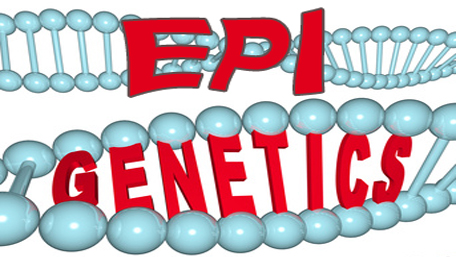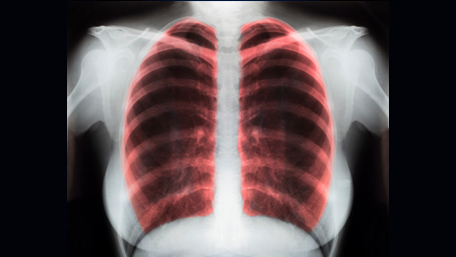
02/05/2023
Hot Topics of the Day are picked by experts to capture the latest information and publications on public health genomics and precision health for various diseases and health topics. Sources include published scientific literature, reviews, blogs and popular press articles.
Sign up MyPHGKB to receive the daily hot topic email alert.
Archived Hot Topics of the Day By Date
Use of incorrect and correct methods to account for age in studies on epigenetic accelerated aging: implications and recommendations for best practices.
Nancy Krieger et al. American journal of epidemiology 2023 2
Unlocking life-threatening COVID-19 through two types of inborn errors of type I IFNs.
Jean-Laurent Casanova et al. The Journal of clinical investigation 2023 1 (3)
Integration of artificial intelligence in lung cancer: Rise of the machine.
Colton Ladbury et al. Cell reports. Medicine 2023 2 100933
How Clinicians Conceptualize “Actionability” in Genomic Screening
K Owens et al, J Per Med, February 4, 2023
Disclaimer: Articles listed in Hot Topics of the Day are selected by Public Health Genomics Branch to provide current awareness of the scientific literature and news. Inclusion in the update does not necessarily represent the views of the Centers for Disease Control and Prevention nor does it imply endorsement of the article's methods or findings. CDC and DHHS assume no responsibility for the factual accuracy of the items presented. The selection, omission, or content of items does not imply any endorsement or other position taken by CDC or DHHS. Opinion, findings and conclusions expressed by the original authors of items included in the Clips, or persons quoted therein, are strictly their own and are in no way meant to represent the opinion or views of CDC or DHHS. References to publications, news sources, and non-CDC Websites are provided solely for informational purposes and do not imply endorsement by CDC or DHHS.
- Page last reviewed:Feb 1, 2024
- Page last updated:Apr 21, 2024
- Content source:





